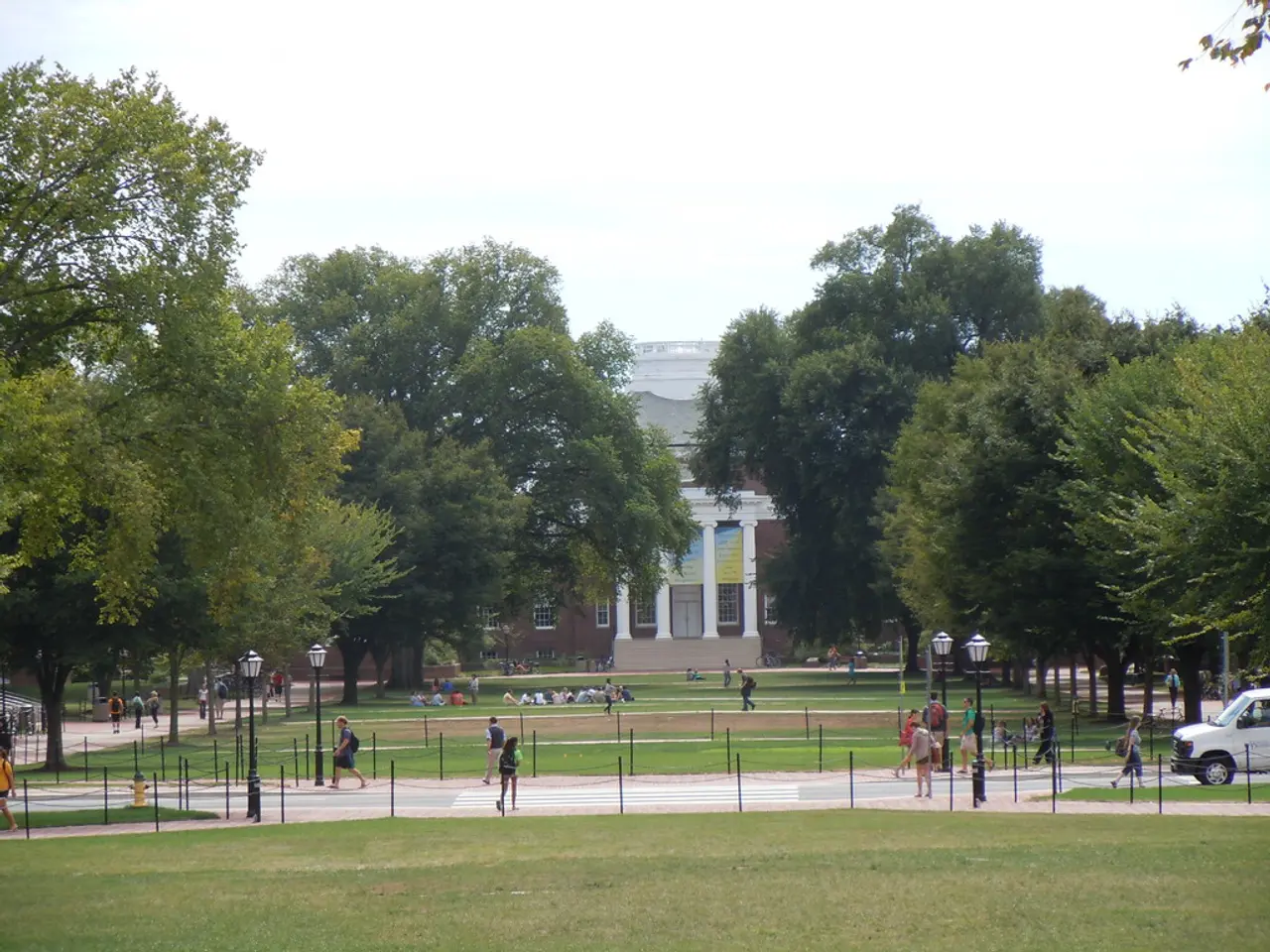IB Program Admission Criteria for 2025 [Comprehensive Guide]
Joining the International Baccalaureate (IB) Diploma Programme: A Comprehensive Guide
The International Baccalaureate (IB) Diploma Programme is a globally respected high school curriculum for students aged 16-19, offering a broad, interdisciplinary education that emphasizes critical thinking, global citizenship, and academic depth.
Academic Requirements for Entering the IB Program
To enter the IB Diploma Programme, students typically need to demonstrate strong academic performance in recent years, focusing on core subjects such as Math, English, Science, and Humanities. Most schools expect at least a B average (around 3.0 GPA), with selective IB programs or private IB schools often requiring an A– average or above (3.7+ GPA or 90%+).
In some countries, a minimum of 5 credits in IGCSE or WASSCE, including Mathematics and English Language, is required for admission. Some schools may also require standardized test scores, teacher recommendations, interviews, or personal essays.
The Application Process
The application process for the IB Diploma Programme typically involves several steps:
- Submission of Academic Records: Recent academic transcripts, often from the last 1–3 years of schooling, are required.
- Entrance Assessments: Some schools may require internal testing or review of standardized test scores to assess readiness for the program.
- Additional Application Materials: Teacher recommendations, motivation letters, or interviews may be requested, especially by private or competitive IB schools.
- Programme-Specific Requirements: Students must commit to studying six subjects, including languages, math, science, and humanities, with courses taken at higher or standard level over two years.
- Scoring Requirements: To obtain the IB diploma after admission, students usually need to score at least 24 points out of 45 across subjects and complete core components like the extended essay and CAS (Creativity, Activity, Service).
Considerations for Latecomers
Joining the IB Programme midway through high school is rare, but not impossible. Latecomers may need to make extra efforts to take challenging classes in core subjects before applying. Some schools offer bridging support or part-time IB Certificate tracks for latecomers.
Missing earlier High Level (HL) and Standard Level (SL) content can pose a challenge for latecomers, who may need to catch up quickly. Completing the Extended Essay and Theory of Knowledge within a shortened timeline can also be challenging. Latecomers may need to demonstrate an interest in global issues, reading, and academic exploration to demonstrate their suitability for the program. They may also need to get involved in volunteering or leadership roles to demonstrate their readiness.
Timing and School Variations
Deadlines for the IB Program application typically fall 6-12 months before the program begins, so it is recommended to plan early. Not all IB schools may have the same entry conditions for latecomers, and they may require additional steps such as entrance exams or interviews.
It's important to note that not all IB schools are created equal. Each one may have different entry conditions, such as selective schools requiring entrance exams or interviews, public schools offering open enrollment with limited seats, and private IB schools charging tuition or application fees.
Ideal Candidates
Typically, students entering Grade 11 (Year 12) or equivalent are ideal candidates for the IB Program. Students interested in a broad, interdisciplinary education that encourages critical thinking, global citizenship, and academic depth are well-suited for the IB Diploma Programme.
Engaging in online education platforms or self-study materials may aid students who are preparing for the International Baccalaureate (IB) Diploma Programme's extensive learning requirements in their core subjects, such as Math, English, Science, and Humanities.
For students who wish to join the IB Programme midway through high school, supplementing their education with online resources can help them catch up on missed HL and SL content and work towards completing the Extended Essay and Theory of Knowledge in a shortened timeline.




